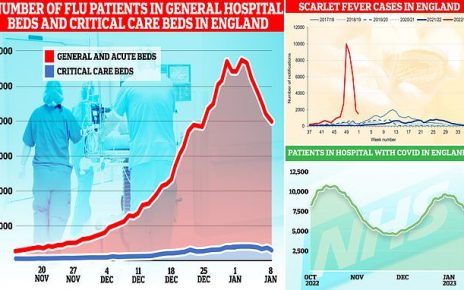A new research study showed that circulating tumor DNA (ctDNA) — genetic material shed from tumors into the bloodstream — can identify stage II colon cancer patients who can most benefit from chemotherapy following surgery and spare other patients the need for this form of treatment.
The multi-institutional, international study, led by researchers at the Johns Hopkins Kimmel Cancer Center and WEHI in Melbourne, Australia, found that testing for ctDNA after surgery and directing chemotherapy to ctDNA-positive patients reduced the use of chemotherapy overall without compromising recurrence-free survival.
There are several prior research studies demonstrating that circulating tumor DNA can be detected in blood and that the presence of ctDNA post-surgery predicts a risk of cancer recurrence. However, this is believed to be the first clinical study showing that the measurement of circulating tumor DNA prior to therapy may benefit patients.
These findings will be published in the New England Journal of Medicine and presented at the annual meeting of the American Society of Clinical Oncology on June 4.
“Previous studies have theorized that ctDNA measurements might be useful in guiding patient management, and this study provides real-world clinical evidence that supports these theories,” says Bert Vogelstein, M.D., Clayton Professor of Oncology, co-director of the Ludwig Center at Johns Hopkins and a Howard Hughes Medical Institute investigator. Vogelstein and group were the first to show that colon cancer is caused by a sequence of genetic mutations and showed that DNA shed from tumors could be detected in blood, stool and other body fluids.
Currently, the use of chemotherapy in stage II colon cancer, which is defined as a colon cancer that has grown through the wall of the colon but does not extend to the lymph nodes or other organs, is controversial. There is no consensus among cancer experts on its benefit. This study was aimed at helping solve the controversy by assessing whether ctDNA could be used to provide a more precise prediction of recurrence risk after surgery. Patients who were ctDNA-negative could be spared the toxicities of chemotherapy, and those who had remaining cancer could receive chemotherapy to attack the lingering malignant cells.
Source: Read Full Article



